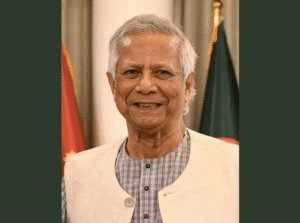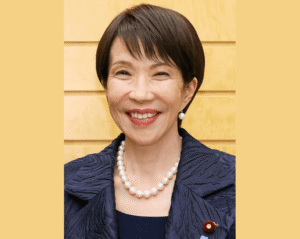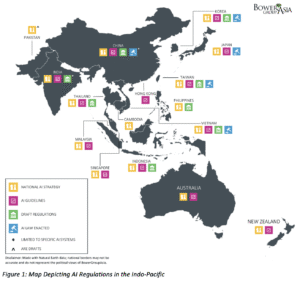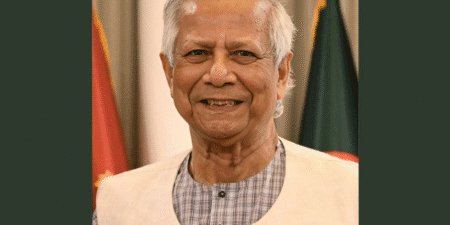
Malaysia Confronts First Hung Parliament After Tightest Election Contest
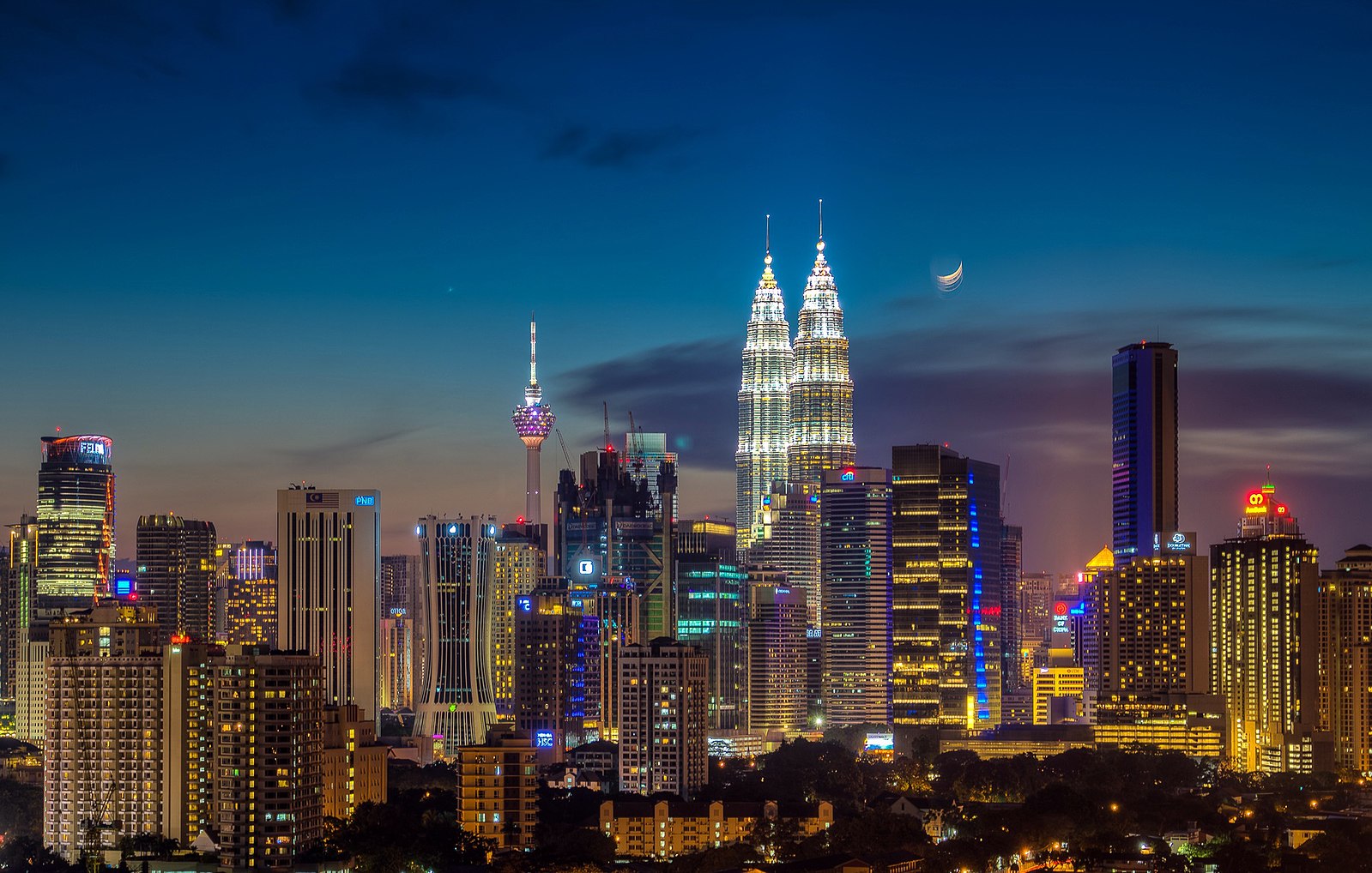
BGA’s Malaysia team, led by Managing Director Hazree Turee, wrote an update to clients on the initial results from Malaysia’s tightest election contest in the country’s history which produced the first hung parliament.
Context
- Malaysia on November 19 held its 15th general election — its most closely contested race to date. Three national coalitions competed for 222 parliamentary seats, with a party or coalition needing 112 seats to form a government. The coalitions include the ruling Barisan Nasional (BN), with incumbent Prime Minister Ismail Sabri as the candidate for premier; Perikatan Nasional (PN), led by former Prime Minister Muhyiddin Yassin; and former Deputy Prime Minister Anwar Ibrahim’s Pakatan Harapan (PH).
- The elections were called to calm the political instability the country has faced since the last elections in 2018. Three different prime ministers have held power during this period. The elections saw the highest voter turnout to date, with about 15.4 million voters, or 74 percent of the electorate, casting ballots. This can be attributed to the inclusion of first-time voters via automatic voter registration and the enfranchisement of young voters thanks to a 2019 law that lowered the voting age to 18 from 21.
Significance
- Malaysia is now facing its first hung Parliament because no political party or coalition won sufficient seats to form a federal government. The coalitions will need to negotiate partnerships before the next government takes shape. Malaysia’s king has decreed that the political parties need to submit the names of their candidates and declare their respective alliances to form a government.
- The surge in support for PN came as a surprise and could be attributed to its strong presence on social media, which potentially swayed first-time and young voters. PN may also be seen as an alternative Malay-based party to BN because it is perceived to be without political baggage and corruption scandals.
Implications
- The immediate next step for the prime minister will be to select key ministers such as the minister of finance to finish and table the budget as soon as possible. The goal will be to finalize this before the expected economic downturn in 2023.
- The new government is expected to have a bloated Cabinet. The Cabinet will need to accommodate the multiple parties during coalition-building negotiations.
BGA will continue to keep clients updated on this matter as new developments occur. Comments and questions can be directed to BGA Malaysia Managing Director Hazree Turee at hturee@bowergroupasia.com.

×


















